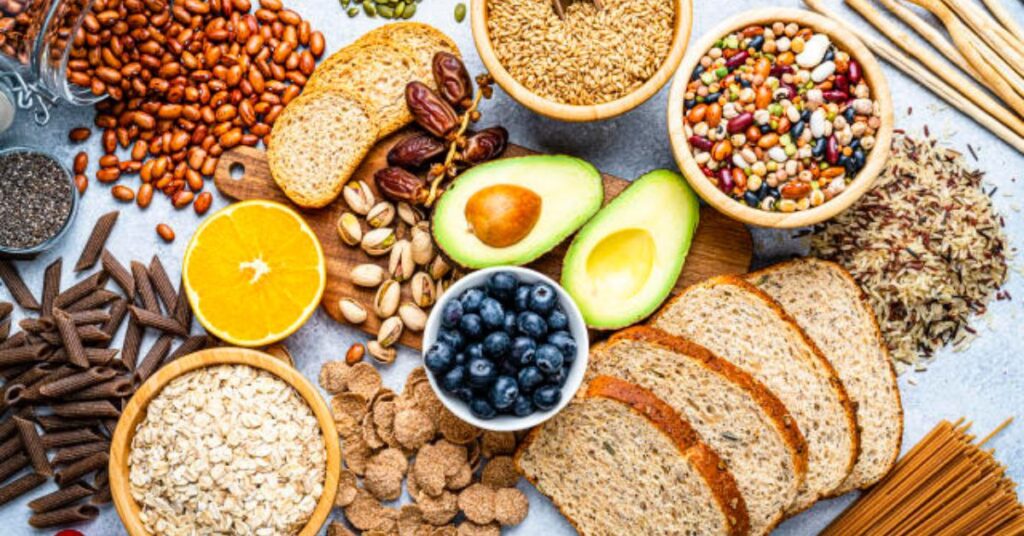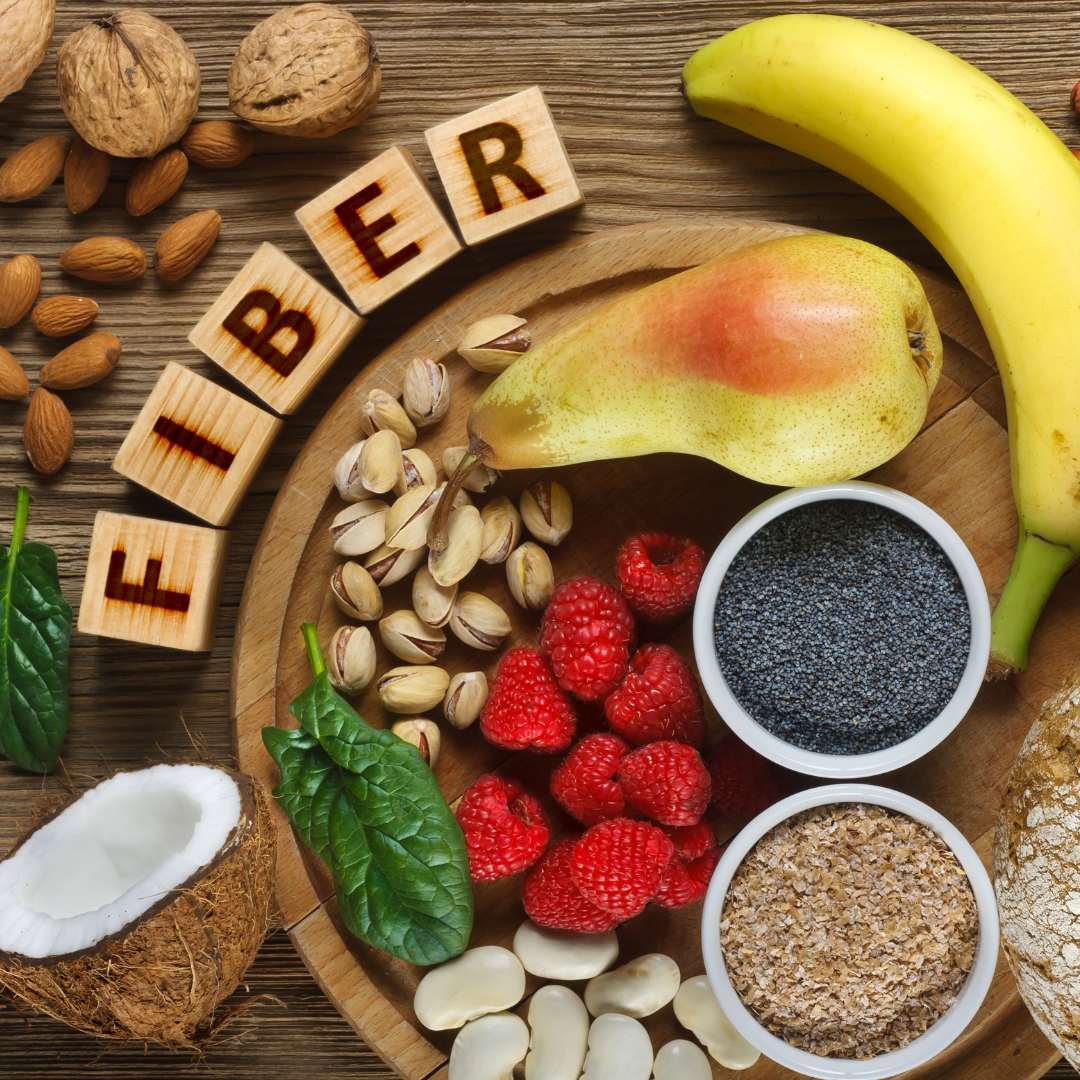4 Reasons High-Fiber Nutrition Is Key To Health and Longevity 🌱
In this “4 Reasons High-Fiber Nutrition Is Key To Health and Longevity“, we learn that Fiber-rich foods are not just great for digestion—they play a crucial role in weight management, blood sugar balance, and heart health. By incorporating more fiber into our diet, we can support a healthy gut, manage our weight naturally, and keep our energy levels steady throughout the day. These benefits highlight why high-fiber nutrition is key to health and longevity. It’s an essential component for long-term well-being, helping you live a healthier, longer life!

When it comes to overall well-being, fiber is a nutritional powerhouse. Whether you’re aiming for better digestion, heart health, or weight management, adding more fiber to your diet can make a huge difference. Let’s explore the top reasons why fiber deserves a spot in your everyday meals.
- Promotes Digestive Health
Fiber is your digestive system’s best friend! It adds bulk to your stool, which helps prevent constipation and ensures regular bowel movements. Plus, it can reduce the risk of conditions like hemorrhoids and diverticular disease. What’s more, fiber promotes a healthy gut microbiome by supporting the growth of good bacteria in your digestive tract. Read more about fiber here.

Read more on improving gut health.
- Supports Weight Management
If you’re looking to manage your weight, fiber is a key player. High-fiber foods are not only more filling, but they also slow down digestion, keeping you satisfied longer. This means fewer cravings and less overeating—without sacrificing calories. By eating fiber-rich meals, you’re more likely to control portion sizes and avoid the urge to snack between meals.

Explore easy high-fiber recipes.
- Helps Control Blood Sugar Levels
For anyone managing diabetes or trying to keep blood sugar levels steady, fiber is essential. It slows the absorption of sugar into the bloodstream, preventing those sharp spikes. This not only supports individuals with diabetes but also helps reduce the risk of developing the condition. A fiber-rich diet improves overall glycemic control, keeping blood sugar in check.

- Reduces the Risk of Heart Disease
Eating soluble fiber, found in oats, beans, and fruits, can help lower LDL (“bad”) cholesterol levels. By reducing cholesterol absorption, fiber contributes to a healthier cardiovascular system, lowering the risk of heart disease and stroke. A simple bowl of oatmeal or a side of black beans can work wonders for your heart health!

Discover the heart benefits of fiber.
How to Get More Fiber
To increase your fiber intake, focus on whole foods like whole grains, fruits, veggies, legumes, and nuts. Don’t forget to gradually add fiber to your diet and drink plenty of water to ensure smooth digestion.
Need some inspiration? Try these fiber-packed smoothies:
Fiber-Rich & Creamy Persimmon Mango Smoothie
Fiber-Rich Peanut Butter & Raspberry Smoothie
High-Fiber Orange Avocado Smoothie
Making fiber a regular part of your diet can be a game-changer for your health. Whether you want to improve digestion, manage your weight, or support your heart, fiber does it all.


